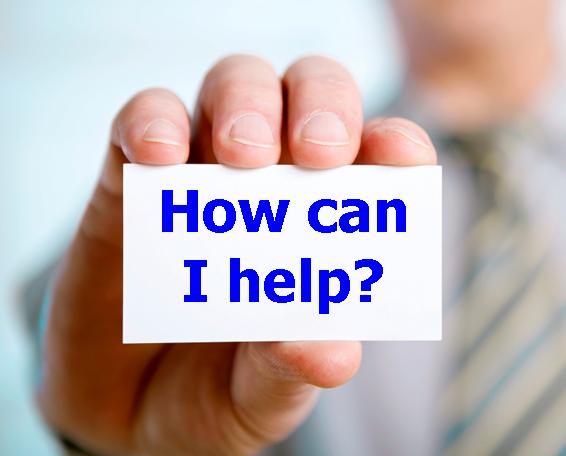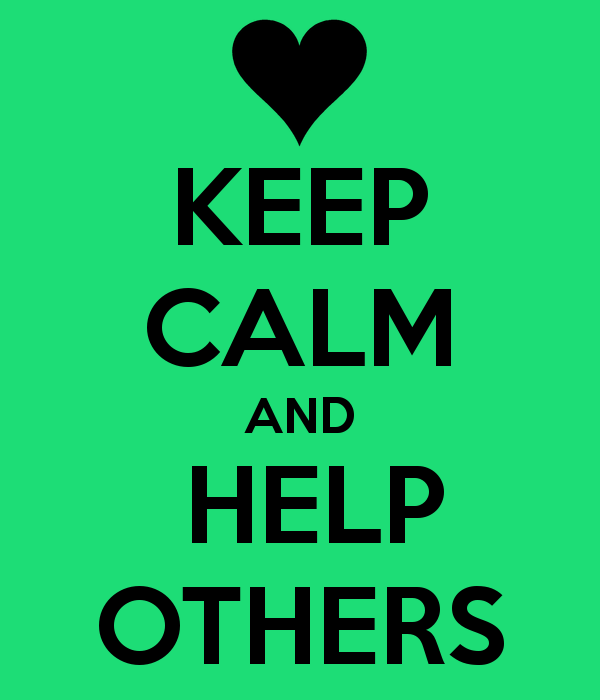10 Points about the Art of Spreading Good
1. Good deeds are contagious. We naturally imitate the people around us, we embrace their ideas about appropriate behavior, and we feel what they feel. Our acts of charity are no different. In 2010 generosity experiment was done and it showed that every extra dollar of giving in a game designed to measure altruism caused people who saw that giving to donate an extra twenty cents.
2. The networks acts like a matching grant. That same experiment showed that contagious generosity spreads up to three steps through the network (from person to person to person), and when added up, all the extra donations that resulted at every step the study, found that an extra dollar in giving yielded three extra dollars by everyone else in the network.
3. Messages get amplified when they spread naturally. People are bombarded by information and requests every day, especially in our new mobile and tech-centered society, so the effect of any one request to do a good deed may get lost. But do not underestimate the effect of a broadcasting strategy. Research on the social media appeals suggests that the indirect effect of a message on a person’s friends is about three times larger than the direct effect on the person who received the message in the first place. The more you can get people to deliver the message naturally, the greater this multiplier effect will be.
4. Close friends matter more. When researchers studied behaviors like obesity, smoking, and drinking, they found that spouses, siblings, and friends had an effect on each other’s behavior, but next door neighbors did not. So any attempt to change people’s behavior should probably focus on motivating these “strong ties” rather than broadcasting to a wide range of weak connections.
5. Our real world friends are online too. Although most relationships online are not strong (the average person on Facebook has 150 “friends”), we do tend to be connected to our closest friends online too. So, it is possible for us to use online social networks to reach our real world friends to spread social good. If someone is suggesting friends to a person who could help spread the world, it is important to try to figure out which of his or her relationships are also likely face-to-face. We do this using photo tags and frequency of communication online, both of which work relatively well.
6. Make your good behavior visible. Studies of donations to an NPR pledge drive showed that people donate more when the caller was told about someone else’s donation.
7. Don’t overdo it! That same study found that when callers heard about an extremely large donation, they opted not to donate at all themselves because they did not want to look cheap. There is a sweet spot too low, and it will drag down the average donation, too high and people will not donate at all. In that study they found that the message to optimize donations was one that revealed a donation size at the 90th percentile, in other words, a donation that was bigger than about 90 percent of all donations, but smaller than the other ten percent.
8. Interest, influence, and influence ability are important. A natural suggestion of network science is that people with more friends and friends of friends are important because they are more “central” (a smaller number of steps from everyone else in the network). But, as we argue here, to maximize influence, there must be 1) interest in spreading social good, 2) influential, and can persuade others, and 3) influence-able by their friends. Without these characteristics, even the most connected person won’t be helpful.
9. Central players can also help predict the future. A 2011 flu study showed that people with more friends tend to be affected by things spreading through the network before other people. On average, they got the flu two weeks earlier than others. This means that central players can also be used as leaders to indicate trends or to monitor the progress of a social good campaign.
10. Realize your network power. Everything we do ripples through our network. If you feel better because you did a good deed, this will have a positive effect on your friends, your friends’ friends, and even your friends’ friends’ friends. Your own positive change can affect hundreds of people. And who wouldn’t want to make his or her corner of the vast human social network a better place?

